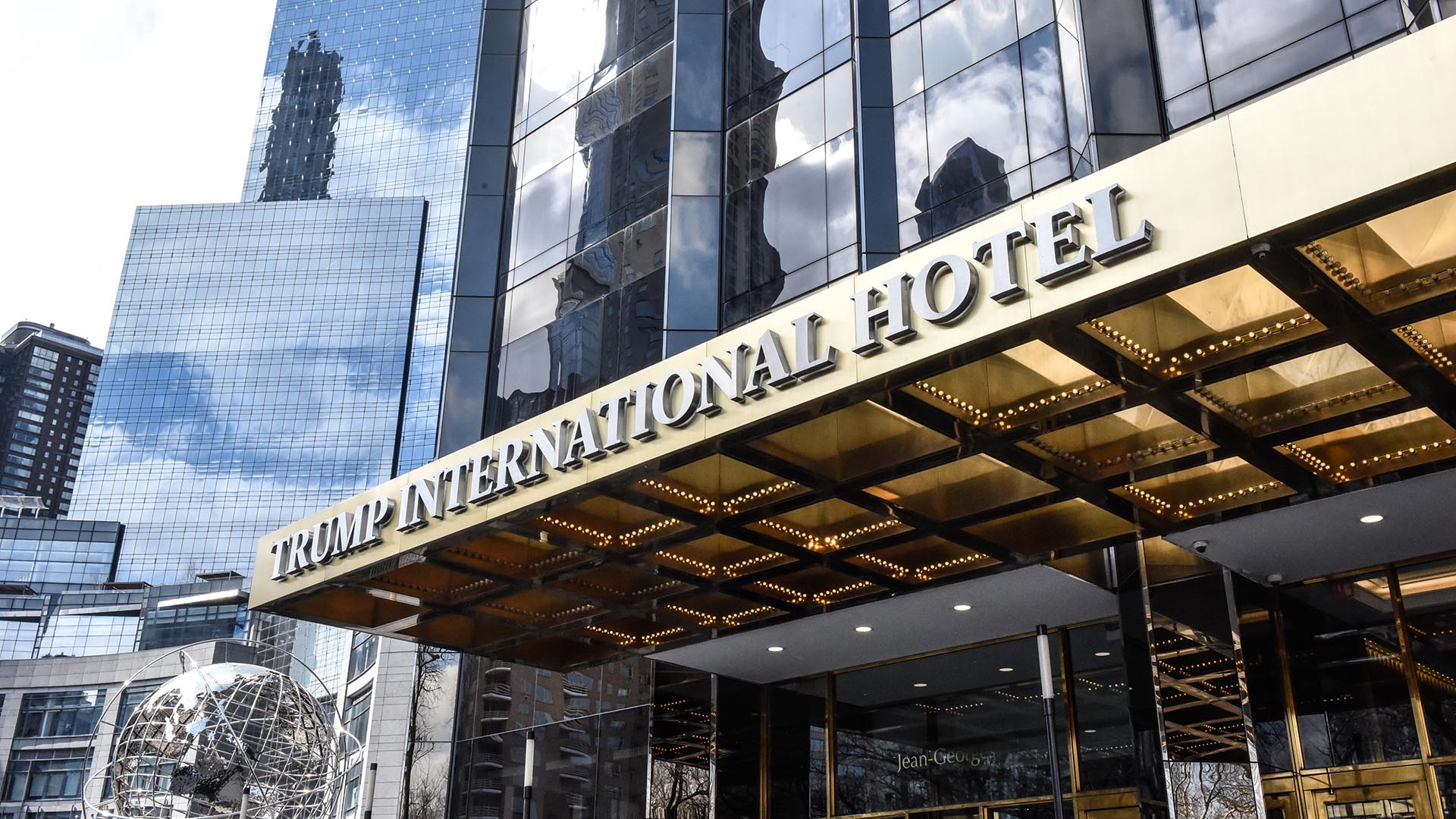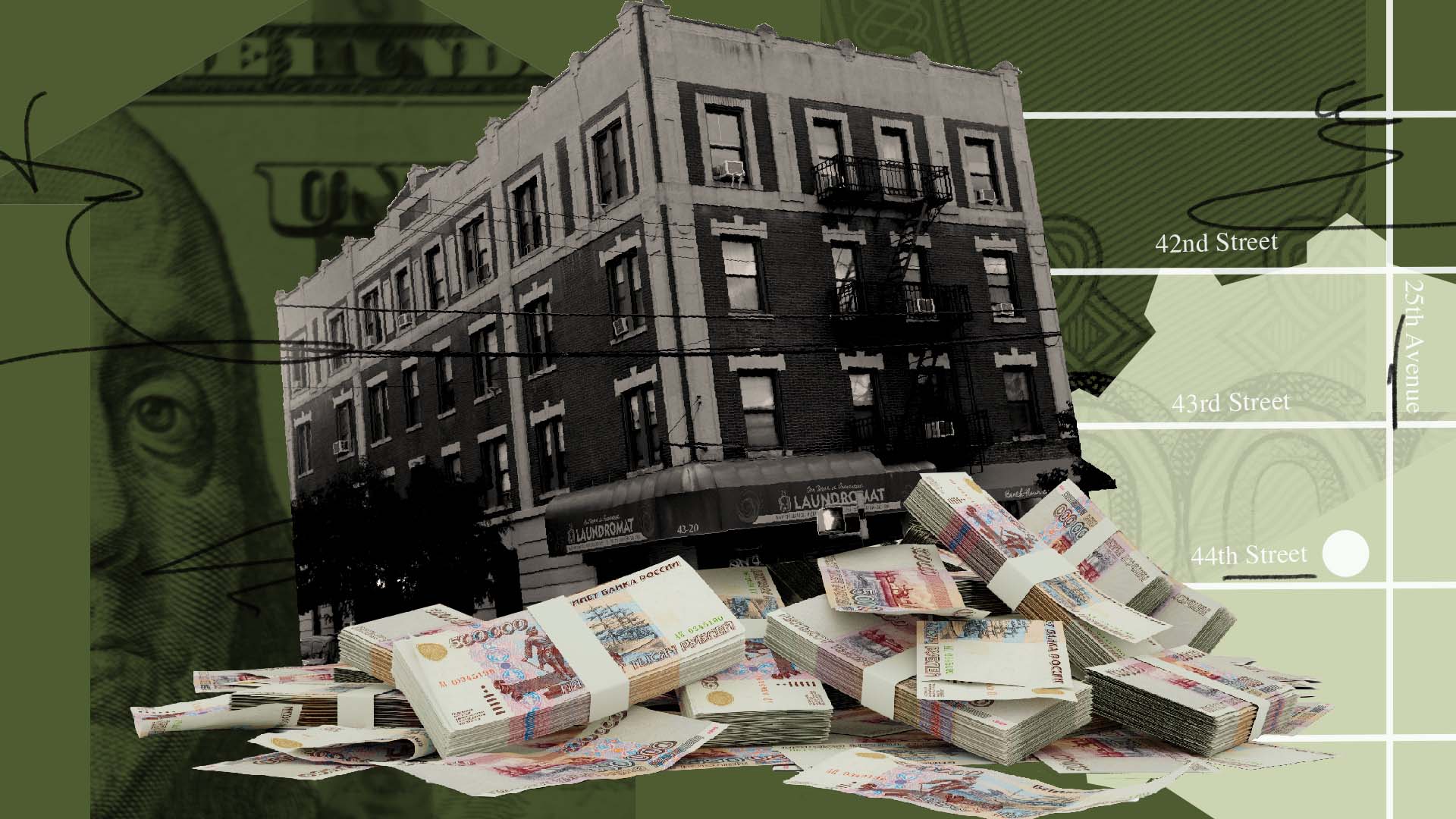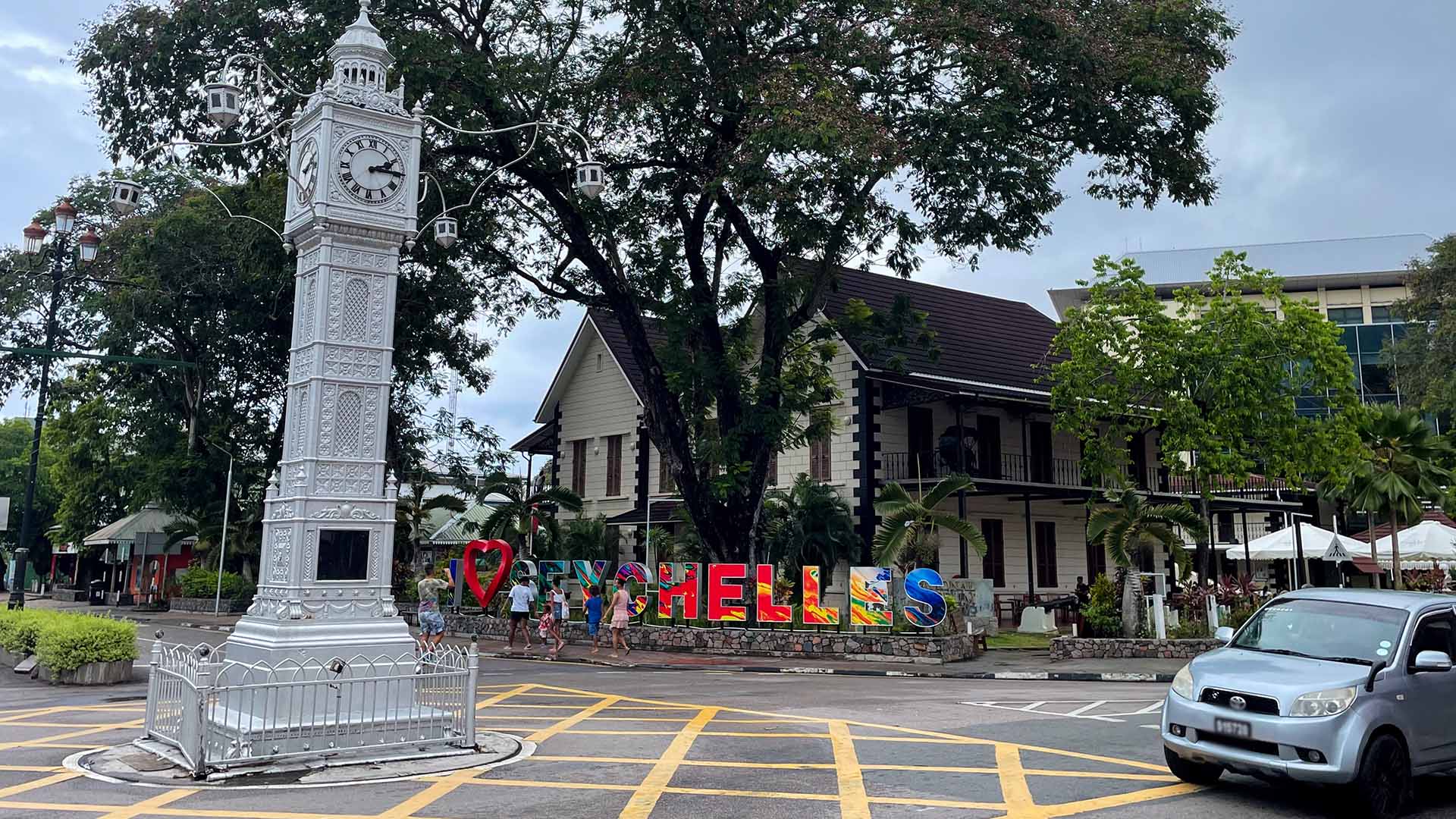U.S. authorities are looking to seize a $7.1 million Manhattan apartment as part of a corruption probe into the Republic of Congo’s first family, court documents show.
In a forfeiture complaint filed in March, federal prosecutors allege that “funds embezzled from the state coffers” were used to purchase the luxury apartment at Trump International Hotel & Tower for the use of Claudia Lemboumba Sassou Nguesso, the daughter of the Central African country’s longtime, scandal-plagued president.
The complaint describes how a web of shell companies, ultimately owned by Sassou Nguesso, was allegedly used to funnel millions of dollars out of the Republic of Congo, with some of the money invested in the two-bedroom apartment overlooking Central Park. Prosecutors say the property has remained unoccupied since it was purchased in 2014.
At the center of the case is Sebrit Ltd., a Cypriot company that prosecutors say was subcontracted to carry out a geological mapping project for $19.5 million. The money for the public works was allegedly siphoned from the Congolese treasury through “sham” contracts and offshore entities before roughly a third was used to purchase the apartment for Sassou Nguesso’s “personal enrichment,” prosecutors claim.
An incorporation document obtained by ICIJ shows that Sebrit was formed as an “investment company.” It does not indicate that the firm could perform the duties outlined in its contract.
Jose Veiga, a Portuguese businessman described as a “fixer” for the Congolese president, is accused of playing a key role in the scheme, which was uncovered in 2019 by the NGO Global Witness. Construction firm Commisimpex mounted a case against the Republic of Congo soon after, but the case has since stalled.
ICIJ’s Pandora Papers revealed that the Sassou Nguesso family is no stranger to using offshore entities to reroute money. The leaked files showed that President Denis Sassou Nguesso, who came to power through a military coup in 1997, was behind a British Virgin Islands company that largely controlled the rights to the Republic of Congo’s diamond mines.
Global Witness also reported that the president’s son, Denis-Christel Sassou Nguesso, allegedly looted $50 million in state funds through inflated contracts with the Congolese government. Federal prosecutors filed a forfeiture notice in 2020 for an apartment he was linked to in Biscayne Bay, Florida. Both children have served at times as members of the parliament under their father’s rule.
It’s an unfortunate reminder of the gaping hole that we have in our anti-money laundering regime.
— Ian Gary, FACT Coalition executive director
Ian Gary, executive director of the Financial Accountability and Corporate Transparency Coalition, said the Trump International apartment was only the latest example of alleged “criminals or families of dictators” using anonymous shell companies to purchase property in the United States.
“It’s an unfortunate reminder of the gaping hole that we have in our anti-money laundering regime,” Gary said.
Last month, federal prosecutors sought to seize two New York apartments, reportedly purchased by former Mongolian Prime Minister Sükhbaataryn Batbold using illicit funds. Batbold has faced lawsuits on three continents over claims that he obtained his wealth through kickbacks from mining deals.
Unlike financial institutions, the real estate industry has been exempt from anti-money laundering requirements for decades.
“In the U.S., there is no requirement to ask questions when an all-cash real estate transaction is happening or to report suspicious activity,” Gary said.
In February, the financial crimes unit of the U.S. Treasury, FinCEN, proposed a plan to shore up oversight of real estate purchases vulnerable to illicit financial flows. The proposed rule would require real estate professionals to flag “high-risk” transactions involving trusts and other secretive entities, similar to suspicious activity reports filed by banks and other financial institutions.
Gary said the FACT Coalition supports the proposal, which is focused on residential properties, but believes it should extend to commercial real estate.







